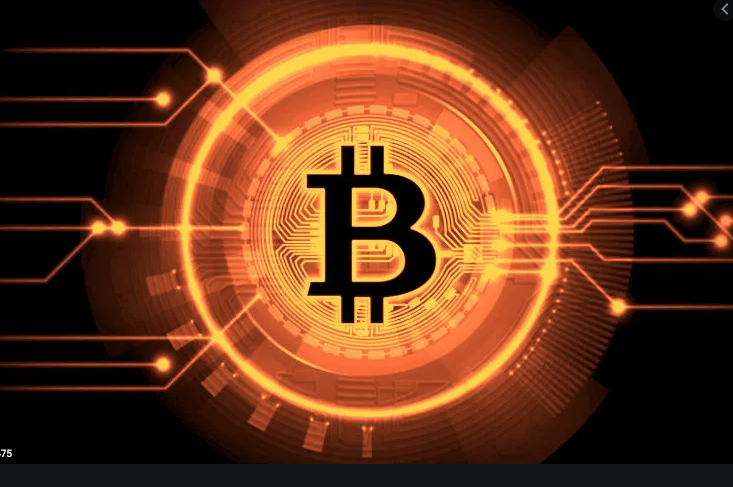Sunday Monetary Moves: Currencies vs. Climate
Bright and early Sunday morning The Wall Journal fired off the headline “Central Banks Jump Into Climate-Change Policy Fray” with reporter Simon Clark writing, “The central banks say climate change is a financial and economic risk. They believe rising sea levels, more wildfires and bigger storms could cause shortages that spur inflation, the regulators’ traditional nemesis.”
Meteors falling from the sky or an alien invasion might pose economic risks, however money creation, which seems to be the only thing Powell and company know how to do, would provide little defense against such tragedies.
Yet, the Fed is only following a world-wide trend, joining “the Central Banks and Supervisors Network for Greening the Financial System,” Clark explains. “That group, which includes central banks and regulators of major European countries as well as China, Russia and Japan.” Powell wouldn’t want to be left out of the cool climate kids club.
Next month 90 central banks and regulators are meeting to discuss what some are already doing, “adjusting policy based on climate considerations, potentially including higher capital charges for lending to fossil-fuel companies and bank stress tests that focus on the risk of rising temperatures to loan portfolios.” Seriously?
Bitcoin bounces down
It’s “a hotter world” the monetary manderans claim, posing financial risks that they can fix. Potential risks like “losses on loans or a decline in the value of assets, such as waterfront property and property repeatedly exposed to wildfires,” Clark writes. “Commercial banks and investors lend billions to companies that produce significant amounts of carbon dioxide, such as operators of coal power plants.”
“Climate change can directly affect inflation. This may happen when more frequent floods or droughts destroy crops and raise food prices, for example,” wrote Frank Elderson, a member of the ECB’s executive board and the chairman of the central banks’ climate group. “These issues clearly lie at the heart of our mandate.”
This brings to mind Zimbabwe’s central bank head, Gideon Gono, who said “the drought did it” when questioned about the hyperinflation he created.
No wonder Satoshi wrote the famous white paper spawning Bitcoin, which now seems to be the plaything of Space X man Elon Musk, who whips the price up and down with mindless Trumpish tweets. Bloomberg reports from the free market money space “Bitcoin Tumbles After Musk Implies Tesla May Sell Cryptocurrency.”
The crypto world's top brand has been in what Bloomberg calls a Musk Meltdown since displaying his Aspergerian comedy chops on Saturday Night Live more than a week ago. The coin’s price has sunk through technical barriers, making even devout hodlrs nervous. How dare he disparage the coin of the digital realm.
All it took to make for a nervous Sunday was that Musk “seemed to agree with a Twitter post that said Tesla should divest what at one point was a $1.5 billion stake in the largest cryptocurrency. It traded at $45,270 as of 5:51 p.m. in New York, down about $4,000 from where it ended Friday.” (emphasis added)
Not exactly the stuff of Richard Nixon interrupting Hoss and Little Joe on Bonanza in 1971 to announce he was detaching the dollar from gold.
This tweeter storm was started by Mr. Whale, whose twitter handle is @CryptoWhale. Always punching down, “Musk has spent hours Sunday hitting back at several different users on Twitter who criticized his change of stance on Bitcoin last week,” write Patrick McHale and Yueqi Yang. Again because Bitcoin miners are using an excess amount of fossil fuel to mine the digital currency.
How on earth did monetary matters get tangled up with environmental concerns? Perhaps Bitcoin should send a representative to the aforementioned Central Banks and Supervisors Network for Greening the Financial System. No doubt Elon would be too busy, but perhaps Mr. CryptoWhale would sit in.
“Musk’s Sunday social-media escapades were the latest chapter in one of the zaniest weeks in a crypto world famous for its wildness,” write McHale and Yang.
The world of money is indeed wild, be it crypto or what spews from the Eccles Building.






